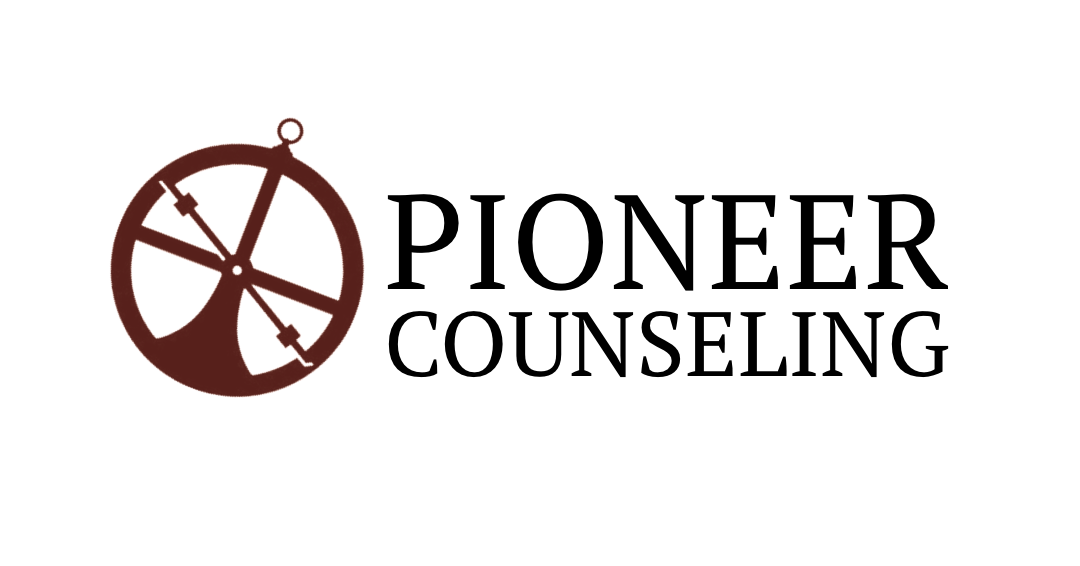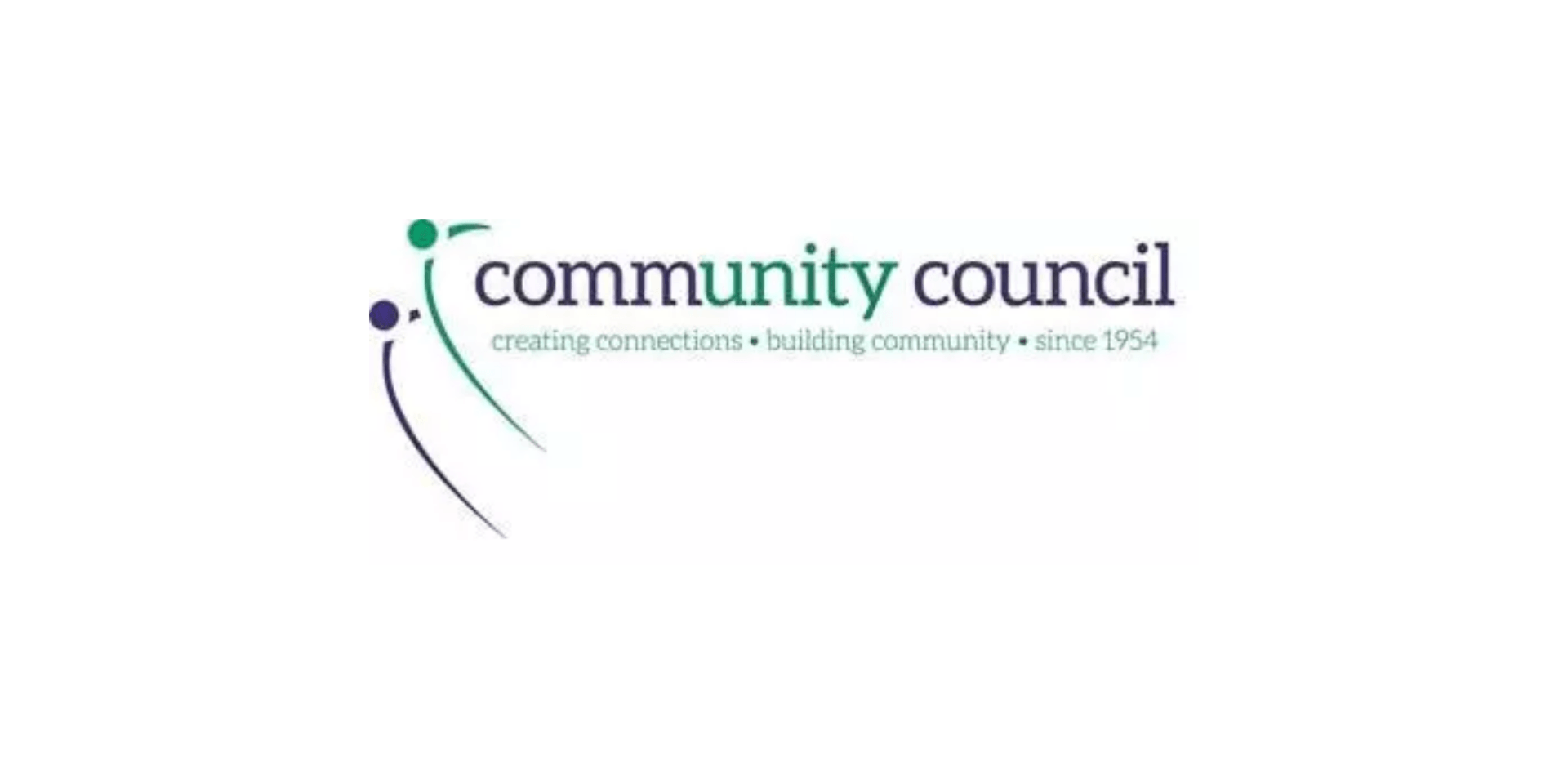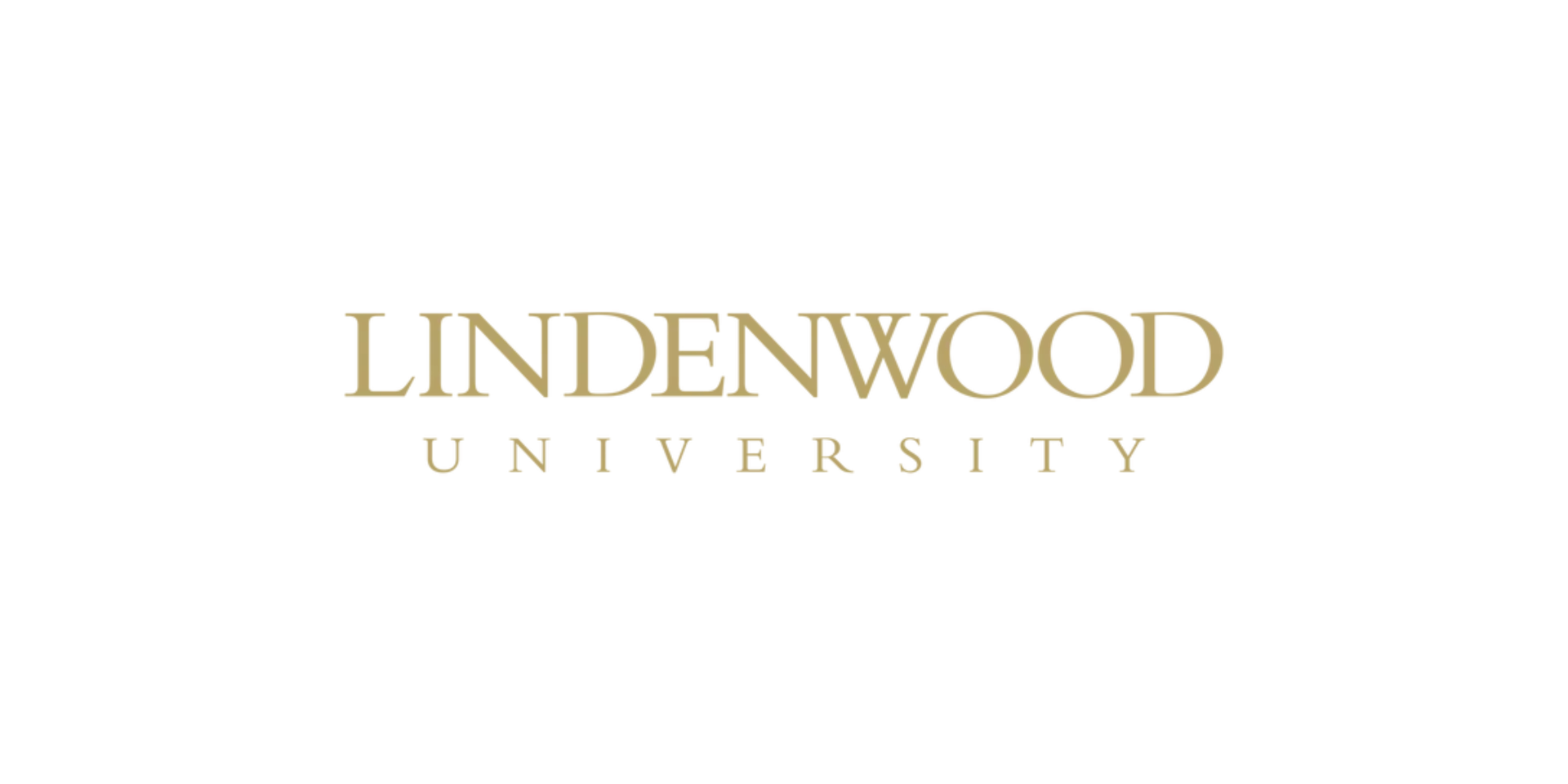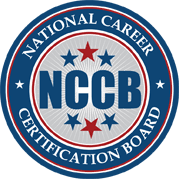Navigating Spirituality in Therapy
No matter if you are from Yemen, Syria, or Tennessee , as a functioning human you operate within a set ideology and carry some understanding of spirituality. Even if that ideology includes a lack/ void of spiritual belief, the understanding of that reality exists. Our world currently seems to be participating in a timeless banter involving ideologies, beliefs, and in turn spirituality.
Since we don't all live in "Lalaland" , this banter impacts some people in deeper and more real ways than others. Regardless of ones political opinion, this impact can leave people hurting and in pain.
As therapists, how do we navigate spiritual development, or at least the spiritual domain, within our practice?
From my perspective, The most lacking part of the mental health world has been the spiritual domain. We focus on the physical, the chemical, the biological, the cognitive, etc, but we often disregard the spiritual. I think it is because as an industry, we fear it.
Historically, there have been progressions in spiritual inclusion . Take for example the 12 step movement. 12 step programs highlighted and encouraged acknowledgement of a higher power. An amazing colleague of mine recently put it this way.
"Even if you can't label, define, or fully understand your higher power, you can at least humble yourself enough to know you are not that higher power yourself."
This acknowledgement is powerful and identity shaping.
- Without 12 step programs, without this mentality, where would we be today as an industry?
-Just about every major psychological theorist from the inception of the discipline carried some sense of spiritual background or domain.
-A true wholistic (holistic) and integrative approach would include the entirety of mental health, this would mean to include a spiritual component.
-A true Client Centered approach would include spirituality as well. To be truly client centered means to explore the spiritual domains when clients have requested it. Is this something our industry has been promoting? Is this something you are trained in?
During my studies at Lindenwood, I learned that Freud built the door of psychological discipline, Jung turned the handle, and everyone after began walking through building upon that work. We have moved into, through, and I believe now potentially past the work of the 90’s-2010’s. I believe my contemporary therapists find themselves exploring a more spiritually based approach. We find ourselves swimming through ideologies and relativistic/ subjective mentalities.
5 Aspects of the spiritual domain in counseling to keep in mind.
1) Take into consideration the client’s phenomenological (or subjective) reality. This is your mind's eye. I personally believe people can live within these realities, but still operate under the ultimate truths around them. The ultimate truths which appear to be outside of their control. Ultimate truths such natural order, instinctual drives, scientific laws, etc.
2) Aid the client to be an active participant in their own reality. People may come from a perspective believing that their identity is solely shaped by external factors, experiences, people, or forces beyond their control. While that reality truly exists, a client can still be an active participant in how they shape their lives, and how they interact with their lives. As an aid, therapists can use cognitive behavioral therapy to restructure this way of thinking. The way that cripples people in feeling like there is nothing they can do about their identities and forces they experience.
3) Work toward defining spirituality with the client, or void of spirituality. Defining a void can be a very empowering venture. Definition is a beginning step toward motivation. How would someone fully engage in a spiritual domain, without first having a spark or energy to motivate them? Definition does that. When a domain in life is defined, it gives birth to purpose, ingenuity, drive, hope, meaning, and ultimately harmony/ balance.
4) Explore spiritual identity, spiritual formation . Often clients may be sifting through life struggles believing that self reliance is the only possible road to a healthy outcome. They may be missing a piece of their identity. They may be operating without having a formed perspective of their spiritual selves. Based on whichever source they explore, a persons spiritual identity can offer a reality free from absolute self reliance. This allows clients to remove the burden and weight of certain life struggles and process through them from a larger, self- less perspective. A perspective outside of their subjective reality (which may actually be harming them.)
5) Remove bias - offering a therapeutic space to explore the depths of ones spiritual identity requires the therapist to remove any bias which may linger in the therapist's’ mind. The therapist is to be positioned as a shipmate, not the captain. This does not mean a therapist can not self disclose or carry their own spiritual identity. Rather, it means that a therapist would have to be compassionate and respectful enough to not pressure their spiritual truths onto others. There will exist a natural and genuine expression of the therapist identity (as they are indeed ethically obligated to be genuine), however this genuineness is not to be translated or expressed as conversion therapy.
Like the pioneers of yesteryear, lets continue paving an efficient and effective road in our industry! Not moving in fear, but rather confidence and determination to be our best selves as we work with clients to become their best selves.
These 5 aspects scratch the surface of this topic . I do not know what our industry will look like, or how we fully desire to shape it. If you have found elements of spirituality within your practice to be beneficial, comment below!
Geries Shaheen is a Provisionally Licensed Professional Counselor operating in and around St. Louis Missouri. Geries teaches psych classes as an Adjunct at Saint Louis Christian College and offers Adolescent/ Family Therapy through Preferred Family Healthcare . Geries holds his BA in Intercultural Studies from Lincoln Christian University, and his MA in Professional Counseling from Lindenwood University. Holding a certificate in Life Coaching, Geries provides life coaching services to clients online throughout the nation.
Pioneer Counseling Blog












